President Karzai to reverse his position on using tribal militias. The new name for these soon to be created Arbaki is Local Police Forces (LPF.) This is a plan which has been tried before without success. In Kandahar the Local Defense Initiative (LDI) forces (the original Arbaki program from a few years back) were quickly targeted and decimated by the Taliban. In Kunduz and Takar province they partnered with armed criminal gangs to exploit the population and government supplies and in Parwan Province they flat out turned Taliban. I’m not sure what is being modified to make this cunning plan more effective than the last time around but I do know this much – the plan is going to fail.
Alex Strick van Linschoten has coined the term “hope tactics” to describe the thinking behind arming various local cats and dogs and that sounds like a pretty good description to me. There is only one way to do this sort of thing and that is to supervise the security forces you are creating. Without supervision and training all you can do is hope the units you create end up becoming effective and hope isn’t a plan. I’m sick of hope and also sick of seeing the same narrow list of options being tried over and over again adding yet another chapter to our legacy of failure in Afghanistan.
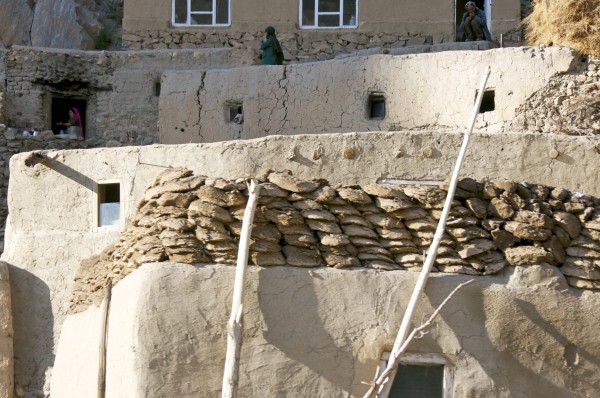
Last night Captain America (regional manager for Ghost Team with 3 years on the ground with the US Army and four more as a contractor) rucked up to the Taj happy hour. We talked for a long time about why we are always fighting to maintain program funding, keep our safe-houses, keep our mobility and freedom to maneuver despite consistently exceeding program goals. No reason to hash over the details of our incredibly interesting conversation but there was a portion worthy of mention. CPT A asked if we could do vertical structures, I said we could, to which he said, “you know if we could just knock out 250 schools we’re done”. CPT A is currently refurbishing every district irrigation system in Nangarhar Province. He does three districts at a time, employs around 5,000 laborers and is building proper intakes and installing concrete in main canals and karez systems so that they last. The roads into the Nangarhar districts are done, once we finish all the irrigation systems if we knock out 250 schools we can say “dudes we did what we said we were going to do and we’re taking off….good luck.”
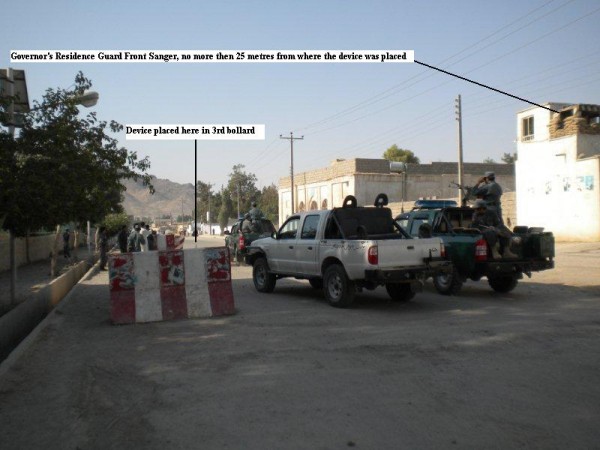
CPT A was understating what needs to be done but not by much. He wrote the Provincial reconstruction plan when he here with the Army and knows more about it than anyone else on the planet. But the chances that our military and civilian leaders would recognize a successful template and slim down our efforts to switch up on the hold and build game are zero. The reason they are zero is that doing successful reconstruction is irrelevant for the thousands of military staff, civilian governmental agency personnel, and their contractors who have deployed to Afghanistan. All of them have high level security clearances, they spend their days in inter-agency working groups designed to trim the bureaucratic red tape for efficiency and speed while reducing “stove pipes.” These people are all highly paid experts who spend their time flying between FOB’s to brief each other or to participate in “fusion cells” designed to provide the battle commanders with useful information. But they cannot get out and about to dig up any useful information.
An incident like the attack on the DAI office in Kunduz last month gives this Classified Class weeks of work. Guys like the Skipper or CPT America, guys who get the job done day after day without any problems or hiccups – the Classified Class doesn’t even know they exist. There is no reason to track people doing their jobs as promised and without fanfare because they are not going to pop up on the classified nets. A gigantic Poppy Palace full of western aid workers getting attacked – that generates all kinds of classified message traffic and will require lots of flying around to other FOB’s to brief and participate in more emergency inter agency meetings. Want the truth? The Classified Class is spending millions of OPM to accomplish not one damn thing other than to feel good about how they spent their year in Afghanistan.
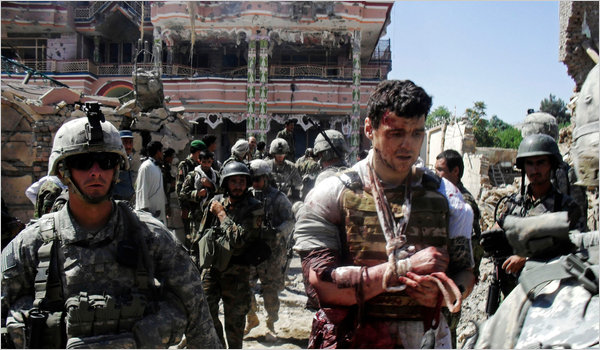
We have no resilience in our reconstruction fight if we continue doing it the same old way. Kunduz is a perfect example; the contractor was in a large, well fortified compound with a professional international security company providing armed expat and local security experts. They faced a serious ground attack but the fortifications and armed guard force did its job by killing the attackers before they could injure any of the aid workers. But now the contractor is gone, the programs they were working on abandoned which means the security plan was designed to survive one attack and one attack only. How can one expect to get the build portion of the current clear hold and build program completed if the people doing the build leave after one attack?
As our Thursday evening happy hour drew to a close the one thing we all agreed on was that our ability to operate in the manner we do is based on the locals watching after us. The years we have spent in N2KL have resulted in most people in most places knowing who we are and what we do. Reconstruction is not hard, establishing credibility is and that takes time in countries like Afghanistan. It also takes people who can operate on their own on the economy and not just survive but continue to function if attacked. That kind of thinking is not found inside the closed loop of the classified crowd. They do not know what they do not know. They can’t leave the FOB’s so they don’t have an accurate read on anything except what comes through the classified loop. Anyone who has dealt with that sort of information understands how limited it is.
Which bring us back to the Local Security Forces. This “inspired” idea of using locals to provide security will fail because nobody responsible for it will get off the FOB to provide daily detailed supervision. I can’t stress enough the importance of daily, full time, supervision. The Skipper’s EOD program works because he provides daily, detailed supervision, while EOD programs elsewhere in the country languish. CPT America is re-building the entire Provincial irrigation system because he provides daily, detailed supervision, while the same projects elsewhere in the country barely break ground. If we can’t get the various government agencies to operate off of the FOB then there is only one viable option. Armed, outside the wire, experienced, contractors.
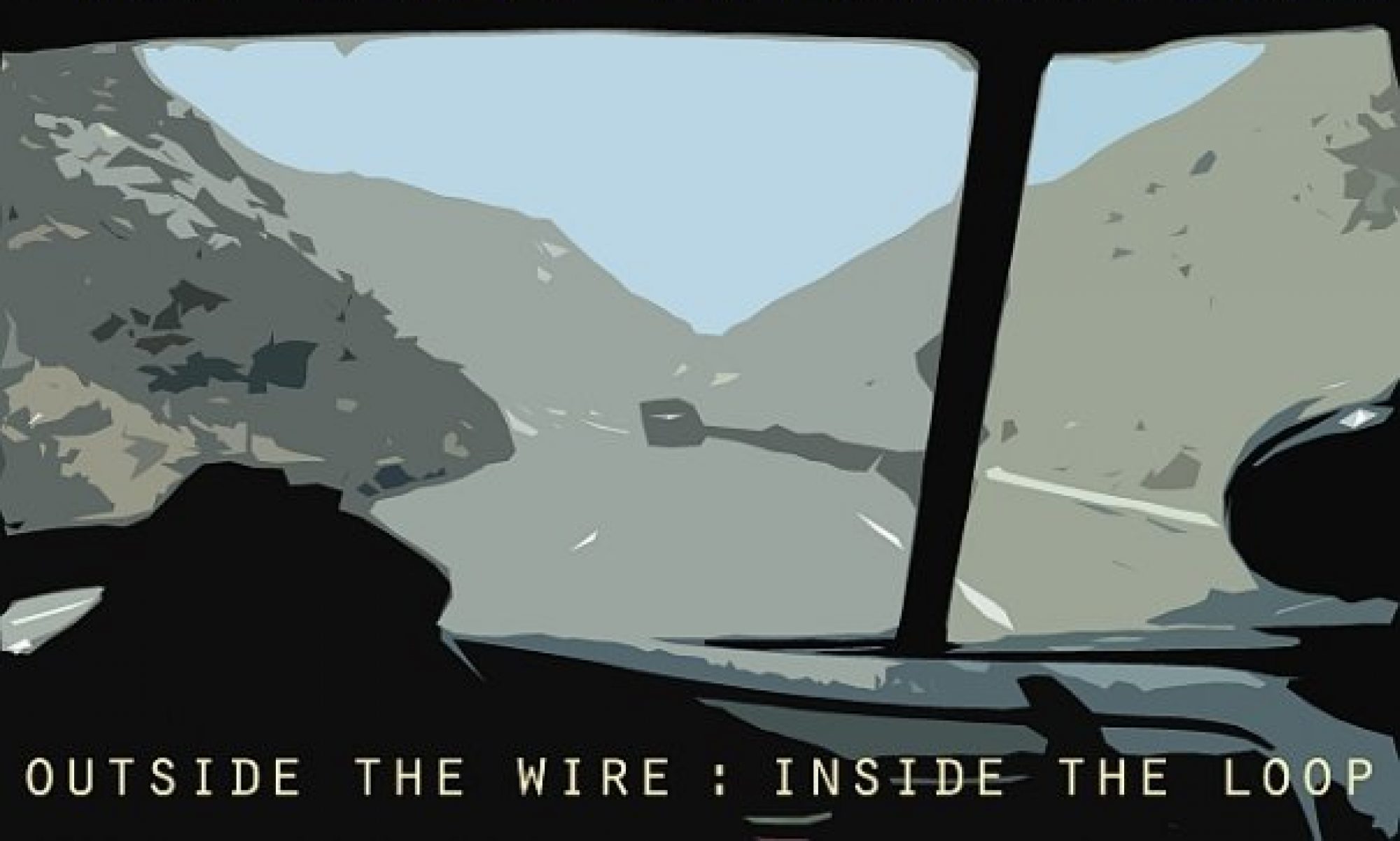
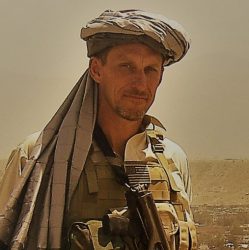

Outstanding, and MOST timely post BabaT ! — Keep the ground truth coming brother !
I continue to enjoy reading your posts. Keep them rolling! I have a question… Do you ever deal with the ADT’s? (AgriBusiness Development Teams) There is one in Nangarhar. What is your opinion of them? Also, what do you suggest they do to make a bigger and or better difference. Thanks for your incite!
Interesting post. One of the things I have an issue with is the lack of sustainability in cash for work programs. While the irrigation is likely to last, considering the quality, what is going to happen to the 5,000 laborers afterwards? If they are all working on their own land and they are investing in their own futures then that makes sense, but more often than not they do not seem to be. Perhaps I’m wrong.
More importantly is what happens after you “knock out” 250 schools. Are the buildings known to be needed? AIMS ran a pilot program of its PIMSS program in Nangarhar. It used GIS technology to look at the gap between project plan and project implementation, and found that many schools were not being built by the contractors who were instead just pocketing the money. (Anyone surprised?) Clearly this tends to be more of an issue for PRTs who use local contractors who just pocket the money, but the reaction of the Ministry of Education local director was notable. He stared looking at whether an increase in the number of school buildings was really what was needed (instead of just building stats), and looked into whether there were particular staff shortages (male and female), a lack of clean water, a lack of textbooks and stationary, lack of sanitation etc. Instead, so I believe (I stand to be corrected) he started focusing funds on addressing these issues and trying not to appeal to the USAID PR machine which is all about the perceptions of their statistics, particularly the number of projects completed. Part of the problem seems to be contractors just churning out buildings and work without asking whether it is the right thing to be doing, and then saying dudes we did what we said we were going to do and we’re taking off good luck.
You might have said you were going to do it, but did you ask anyone whether that was what was needed before you did it?
Not trying to be argumentative, just interested. Thanks.
Rye,
Good question which often comes up. The 250 schools comment was definitely a “need”. Not based on my own thoughts but based on the actual data from the Director of Education, and my own eyes of course. A lot of the issue here in some provinces, not all, is that the schools already exist. Teachers, students, the works. They are just sitting outside in 125 degree temperature trying to learn. The thing that is missing is the school building. So it is not just a thing to say, it really is a verified need. Get that question a lot though.
Love this blog keep up the good fight gentlemen. LDI will work if you have an imbedded SFODA for each location, and only if big army will stay out of their way.
Tim great post.But Tim have you not by now learned that only the big boys can git thing done, instead of the pat yourself on the back, make you feel good contractors. Who go over the wire,live and work with the LN.Who more than not doing more harm than good.Look how well things are going in Haiti with them running the show.
What is our aim? How can we achieve it at the lowest cost? Get consensus on the the aim (which is probably impossible)and then see if LDI with or without “A Teams” are a feasible way to achieve it.
The strategy must come first and then the tactics. If not we’ll get all sorts of unintended consequences of activities which seem a good idea but are really detrimental to our big picture goals. Giving guns and ammo to local villages without command while openly talking about withdrawal dates will probably be an example.
If Patreaus was put in place in order to be left holding the bag (this would be just one reason of many, in my opinion), as Obama-Mao and his gang of six prepare for his commitment to bug out of Afghanistan; why wouldn’t allowing the good General to change the game plan as to who will have weapons, who will patrol, who will take responsibility, etc. be part of the smoke and mirrors that tactically gets put in place? Does it really matter? Relative to our President’s (the CIC) “real” strategy?
How does one tell when a marriage is over? Will all the “let’s make this work” attempts be able to save this marriage if the primary structures have been undermined? Even with the defining of those forces in a primary structure and their proper evaluation, doesn’t common sense have an honest true role to play?
Note how our State Department refuses to come forward and join with our Defense Department to explain and present the grand game plan for this war in Afghanistan. It’s hand off; let the military leaders on the field give the interviews, stay up front in the line of fire…is it not?
Ask yourself: Why? Look for the “cheering” section, if they aren’t in the front rows, then turn upward in the bleachers. See anybody on the “A” list rooting for our team?
Absolutely. If we want these local defense forces to have any shot of success, they need supervision. Contractors have been supervising local national forces for static security and basic defense for bases and outposts all over. To assist these local defense forces would not be a stretch.
Besides, how cool of a contract would that be, to have your own little defense force you can work with, train, and organize, as well as get some valuable information about what is going on within the villages and what not. The key component of all of this, is that supervision would be living with these forces. They would have more respect for that arrangement, and it would result in far better ‘on the ground’ strategies.
The one thing about strategy at the local level, is that it takes having a guy on the ground to witness first hand what kind of forces he has, and what kind of enemy he is dealing with. Once they have a good feel for that(intel), then they can organize their defense and come up with a sound strategy. They can train on the areas that are needed, acquire the kind of weapons appropriate for that defense, and get a plan going. That is how you give these local forces the best shot at survival. Know yourself, know your enemy….. Pretty basic actually.
I also think that Tim brought up an excellent point about ‘giving up territory’. If the enemy is able to attack a compound, and the compound defense repelled the assault but the client has decided to leave for the safety of the FOBs because of the attack, then I count that as a loss. For that reason, a secondary fort or place to operate out of and defend, might be a good call for these aid groups to set up–just so they can continue to operate. Because if the enemy doesn’t kill you, but still forces you to hide in a bunker, he has the upper hand and has forced you to kiss his ring.
Stay in the compound if at all possible, repair what you got, and continue the mission. If the compound is in a bad way, go to your secondary post, but by all means, you must continue the mission. Which also brings up the point to make your operations as mobile as possible. If an aid group can just grab a computer and go, that would be great. Hell, if they had a different safe house to hit up all the time, that would be great too. I guess my point is, is if an aid group can operate without some connection to a structure or compound, and be ultra-mobile, that would be a great. It would also be a way to defeat the Taliban tactic of constantly attacking compounds, and thus causing it’s occupants to shut down out of fear. Get mobile!!
You’ve been beating this drum for a very long time, and I wish the people who make the decisions would start to read, comprehend, and make the changes. I could write a lot more, but it’d turn into a rant and since it’s Sunday, I’ll suppress the urge. Instead I’ll offer this: Thank you, the Skipper, and Captain America, along with all the others doing things similar for your hard work.
@Kanani well said.:) Tim thank you for your thoughts. I’m to the point i would much rather read what the contractors have to say on whats happening there,than what the mainstream media dopes down for us stuck here.Baba stay safe.
BabaTim, great article as always, I’m relatively new to your blog but I enjoy it a lot for the great insights into the happenings in Afghanistan that doesn’t get covered by the mainstream media.
Anyway, there was an interesting piece on NPR the other day that sort or relates to what you’re talking about. They talked about how one NGO that instead of spending tons of money on armed security, armored vehicles, and fortress like operating bases they just go native instead. They darken their hair, dress like Afghanis, drive around in beat up Toyota pickups like the locals, and live in a walled compound that looks no different than any other Afghani compound. This not only saves them lots of money which can then be applied to their projects but they seem to feel that it actually improves their security situation since it (according to them) makes them essentially invisible although that’s not to say that they’re stupid enough to walk around unarmed they just carry their weapons concealed instead.
Listening to that piece on NPR kind of made me wonder if more couldn’t be accomplished in Afghanistan is more operations took the same approach and instead of holing themselves up in these FOBs went native, so to speak, and actually started to go out there and actually work with and get to know the people that they’re supposedly there to help.
From one former Marine to another, Semper Fi! and stay safe.